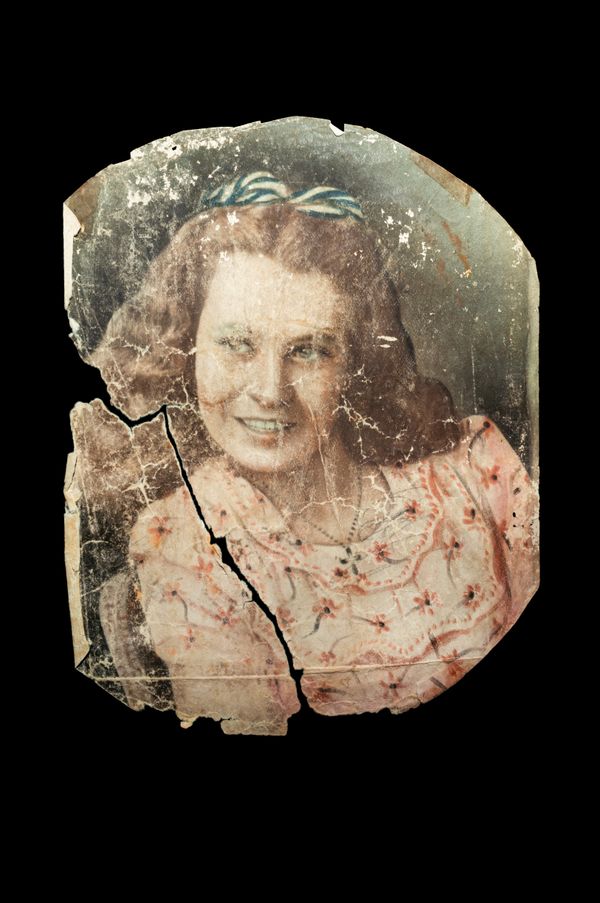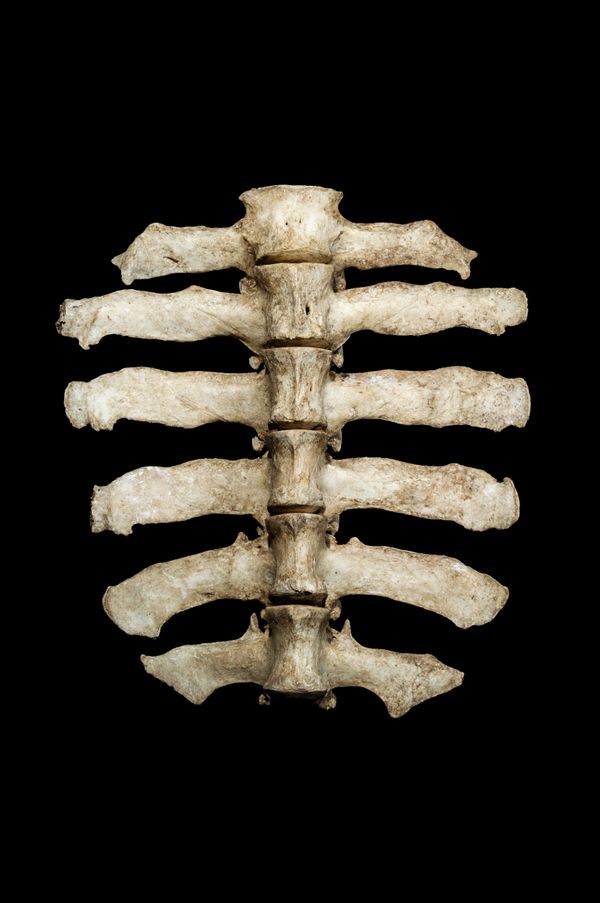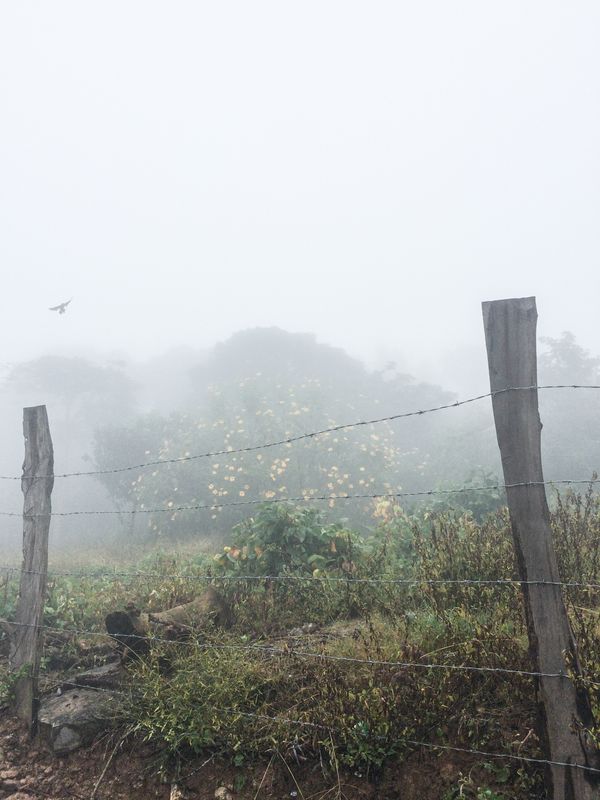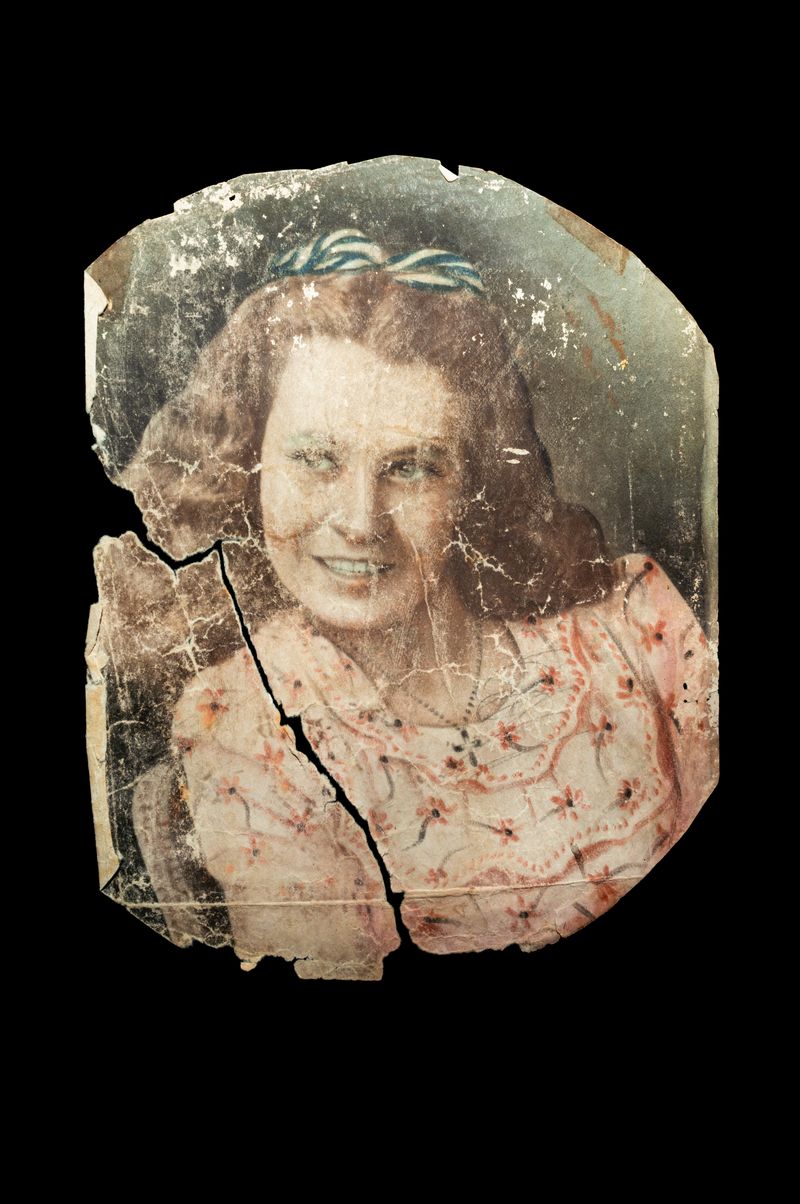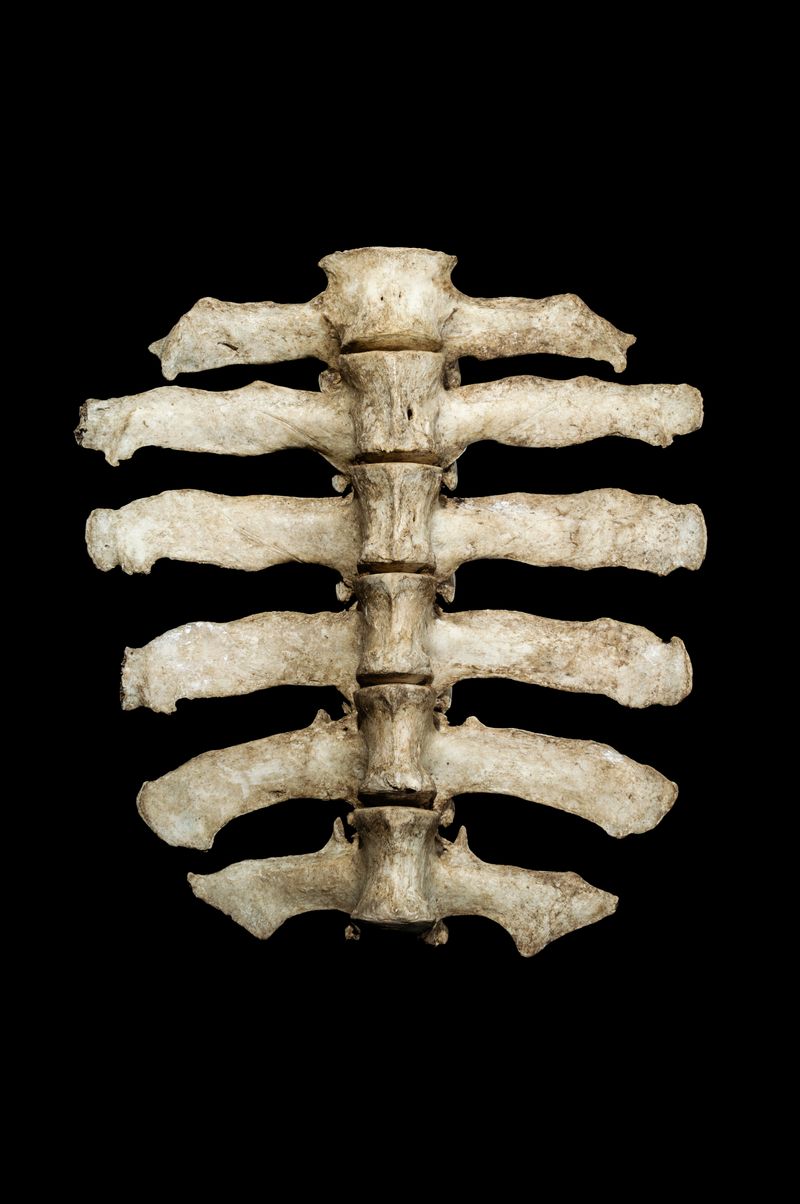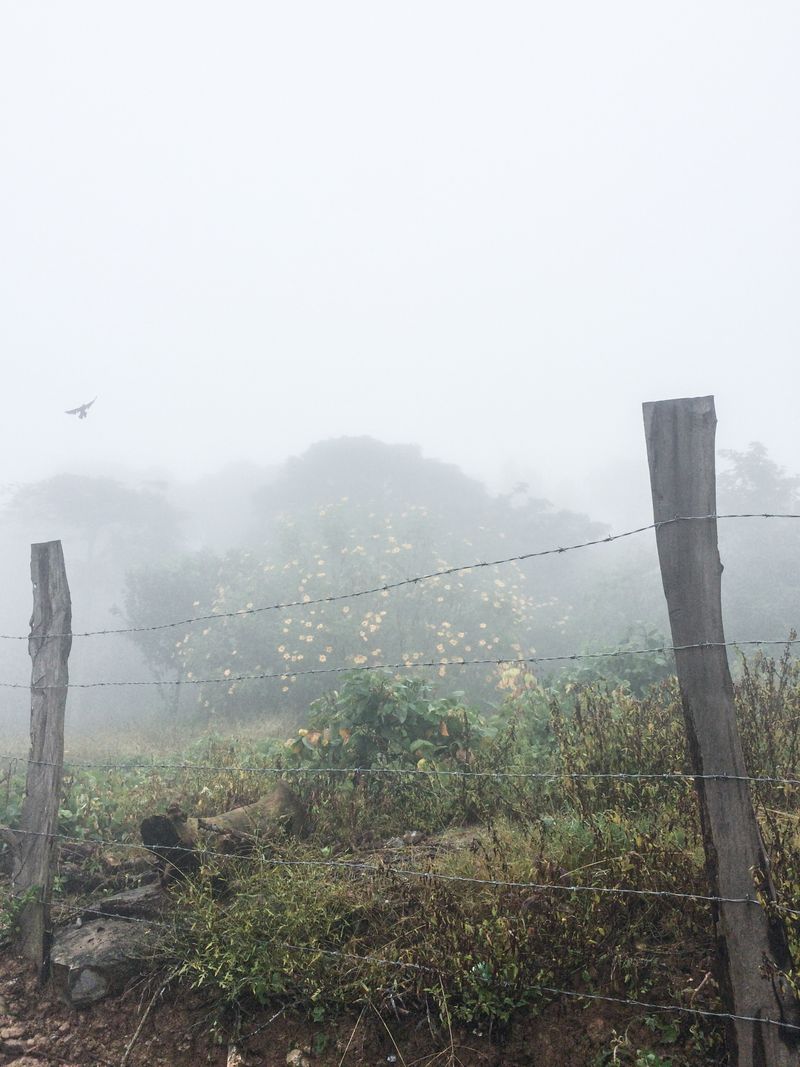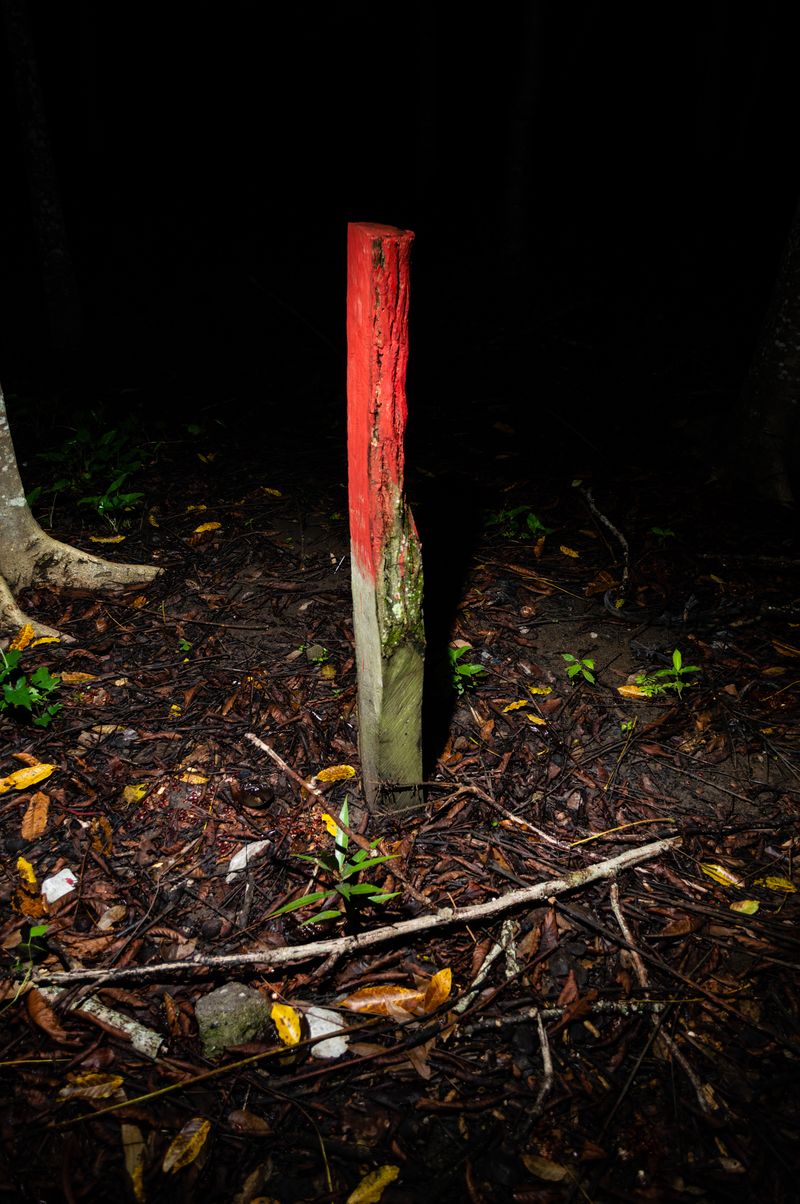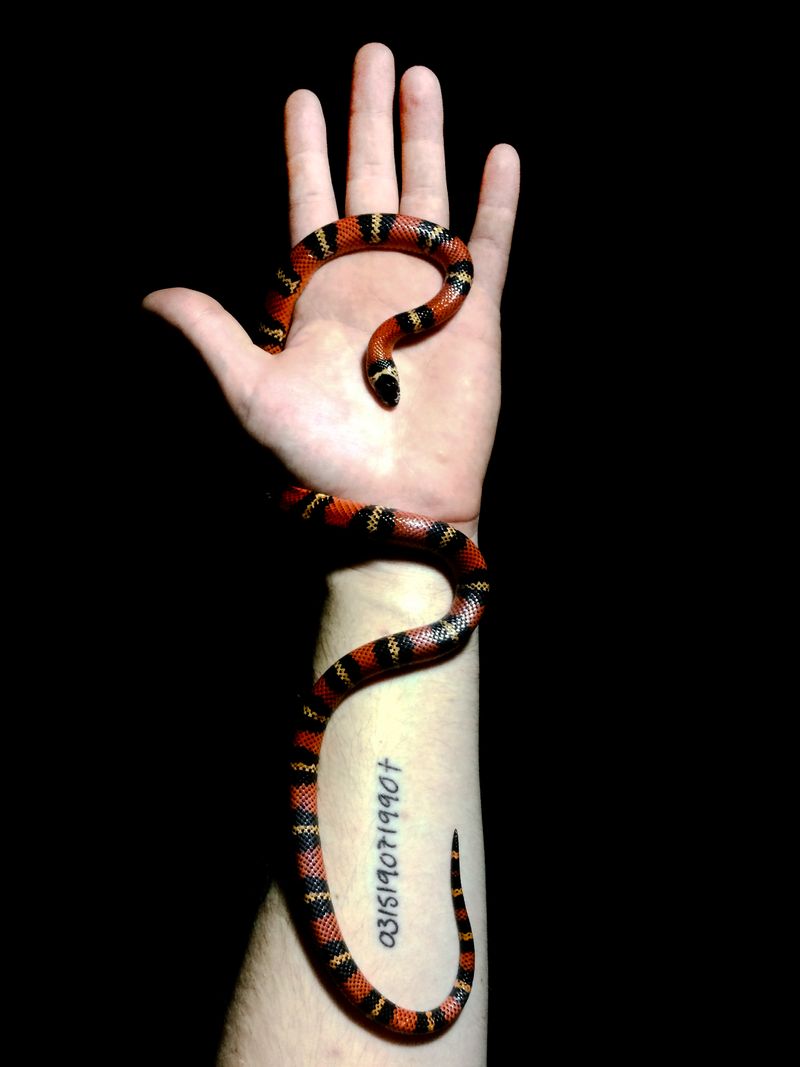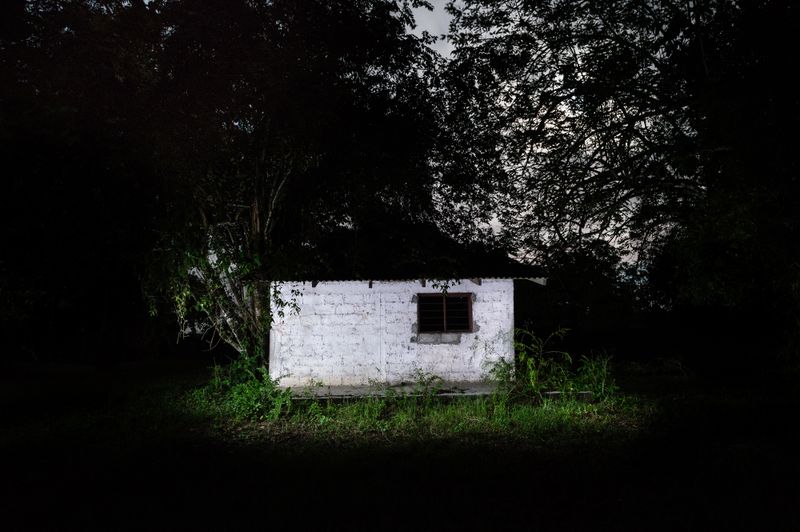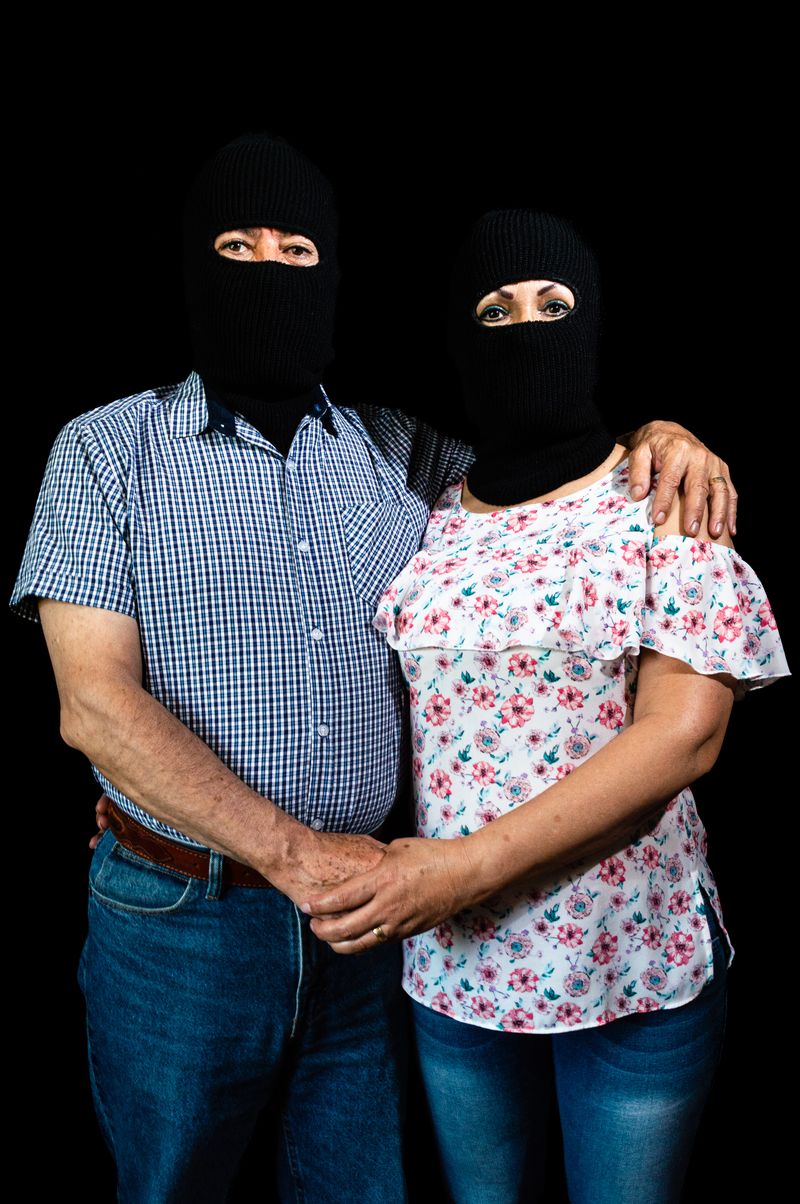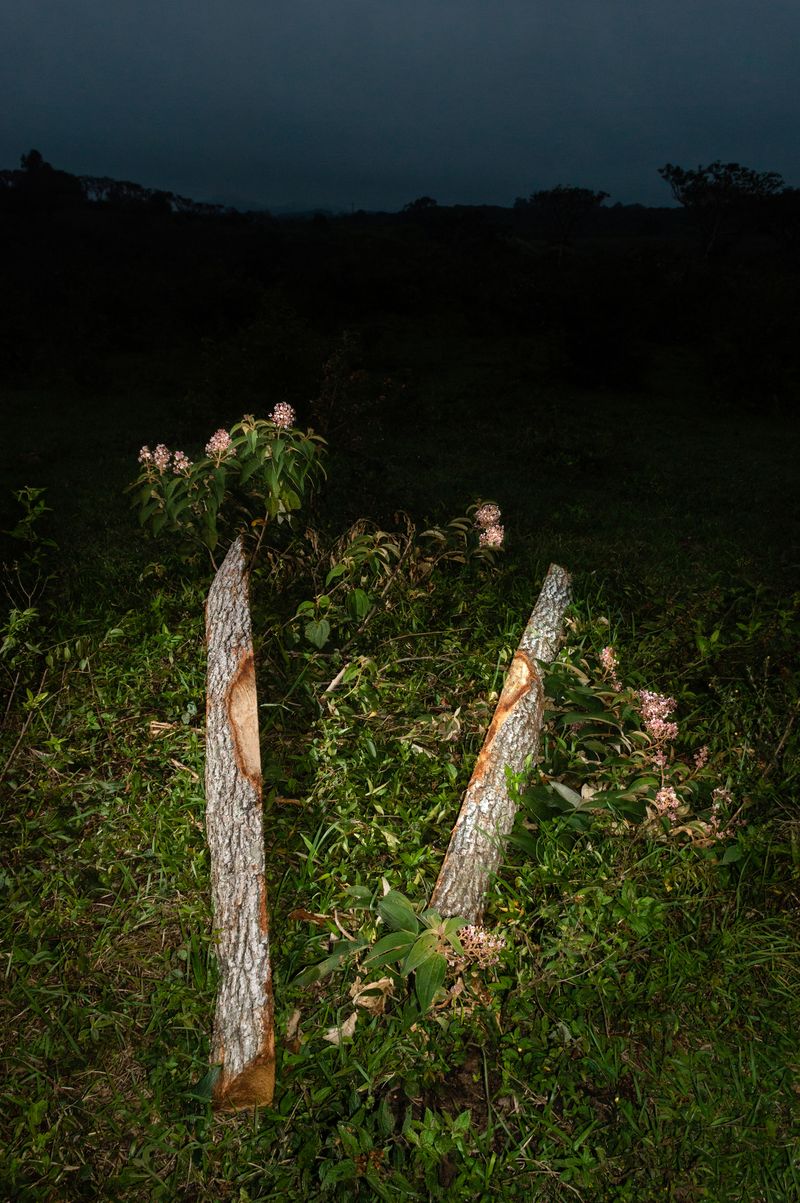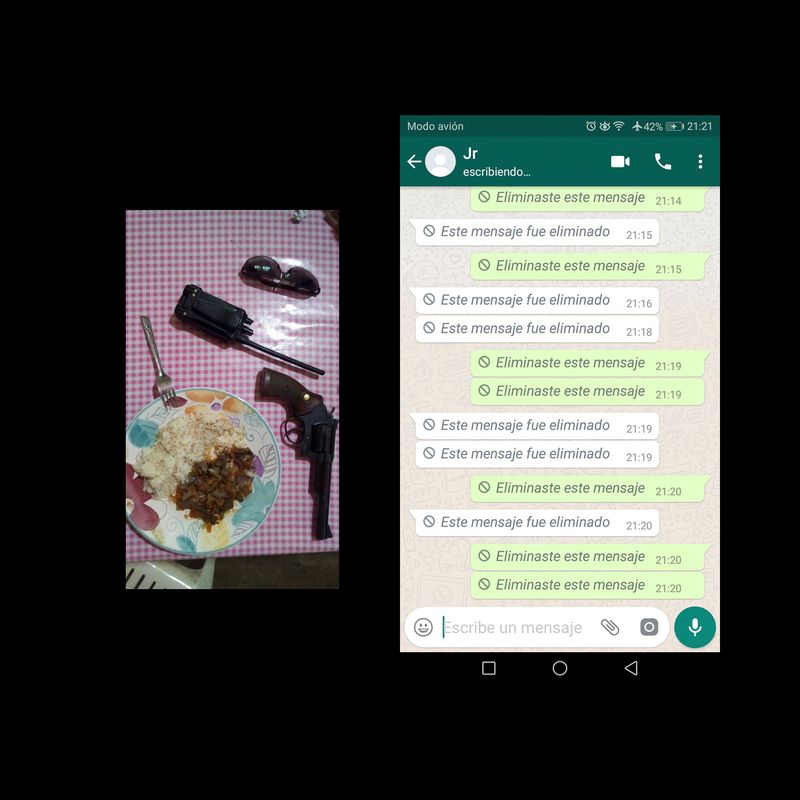On the verb "to disappear"
-
Dates2019 - Ongoing
-
Author
- Topics Documentary, Social Issues, War & Conflicts
- Locations México, Puebla
After a life threatening crime wave in the village I was living in, I decided to make a photographic series as a love letter to my family in case something happens to me.
My interest in disappearing came after a couple of changes in my life. Not as if I want to run away and disappear, but more about being disturbed by the idea of what could or will disappear, naturally, in our lives - relationships, moments or opportunities, precious objects, health, our identity, and life per se.
To be honest, more than an interest, it's a fear - maybe understandable if you consider a life-threatening organized crime wave where people you were close to were taken, tortured and murdered. I’m talking about second-level blood relatives, neighbors, or even a former patient. Some others didn't appear, not even in the news. But, again, not the fear of the possibility of becoming one more of the 37,000 plus registered disappeared persons in Mexico since 2006, or of the 332,000 victims of murder since the beginning of the XXI century in my both beautiful and dangerous country. Hell, not even afraid of being tortured and dismembered. Just fearful of how my family could be affected by it. Or even more horrified by the idea of them being next in an endless list of people who reached the end of their days under such circumstances. Although I know it's selfish, those official, but undeniably inaccurate, estimated figures are disproportionate compared to a hypothetical number of people who've had to change their lives because of Mexico’s current deathly situation.
Here, after more than a decade of declared conflict, cynically decomposing, invading our everyday lives, where anyone could be targeted or become a victim (as if feeling you or your family being in danger isn't harmful enough), and increased chances of not even having a body to mourn either by forced disappearance, kidnapping or simply by being in the wrong place in the wrong time, deforms our historical, Mexican relationship with death. We're used to grieve our dead ones, but doesn't it feel right to also grieve now our living ones?
This photographic series is a love letter for my family in case something unexpected happens to me; I would like them to come back to this set of images so they can process my loss. It’s sort of a counterphobic behavior; I approach to what I fear, in an attempt to dominate it. And this has allowed me to deal with the fear of disappearance in the healthiest possible way: through acceptance, gratitude, and love.
